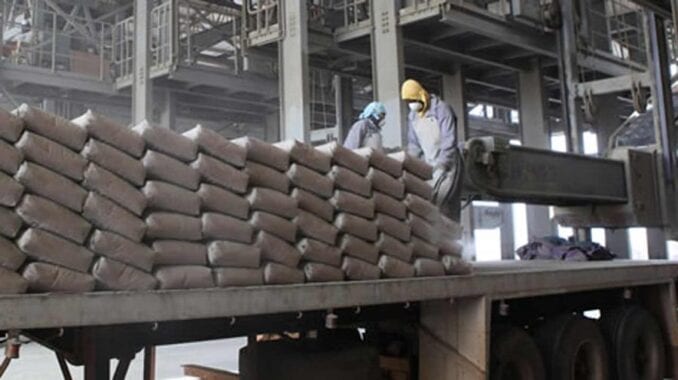MAN reports 30 percent drop in cement sales due to naira redesign – Cement sales decreased by 30 percent during the peak of naira scarcity earlier this year, according to the Manufacturers Association of Nigeria.
The group also reported that during this time period, consumer goods sales dropped by 20% due to a lack of access to cash.
MAN said in a ‘Special Focus’ of its Manufacturing CEOs Confidence Index that it described the catastrophic effects of the naira redesign strategy on the manufacturing sector.
According to the paper, Nigeria has already achieved enough progress towards a cashless economy that the Central Bank of Nigeria may avoid taking any aggressive policy steps at this time.
The extended crisis, the paper claims, nearly destroyed the manufacturing sector, with sales dropping by as much as 30 percent for cement and 20 percent for consumer products.
According to MAN, manufacturers were hurt by the crisis since it cut into their access to operating capital, thereby suspending normal business operations.
It went on to say that the naira shortage had a devastating effect on manufacturing companies’ customer base, leading to an increase in inventory levels across the board, but particularly in the retail sector.
The report added that the manufacturing value chain and logistics costs were hit hard since the economic crisis put the primarily cash-based distributive trade sector at risk.
According to the paper, manufacturers’ problems with insufficient foreign exchange were exacerbated because “the substantial reduction in money velocity left opportunity for speculation and ignited the creation of a naira black market.”
Many small and medium-sized manufacturers, notably those in the agro-allied industries who dealt frequently with local farmers in outlying areas without access to formal banking, went out of business as a result of the naira crisis. The high point-of-sale fees associated with such large amounts of cash severely increased the operating expenses of hardy manufacturing SMEs.






























